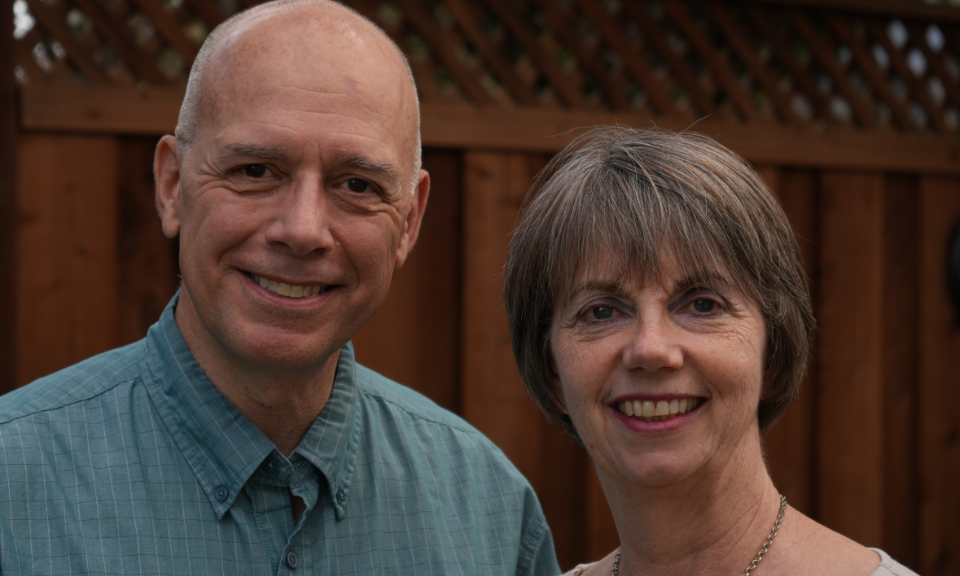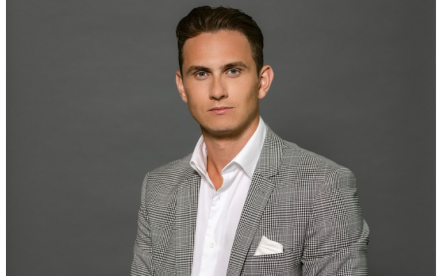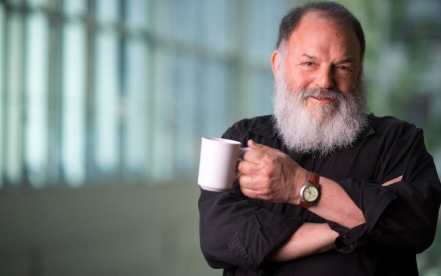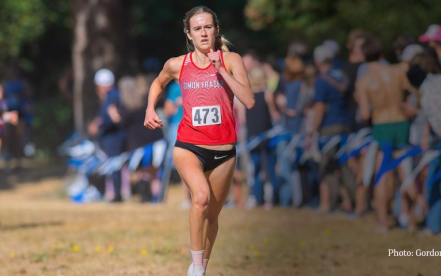The power of reciprocity: A Q&A with Ian and Yvonne Reddy

Ian and Yvonne Reddy are committed to giving back and shaping a better society. A dynamic and philanthropic couple, they are passionate about making a positive impact in the world through education and environmental sustainability.
For the past 25 years, they have lived in the Silicon Valley, where Ian (BSc ’87) is a leader in the tech sector and Yvonne (BA ’92) runs two businesses devoted to music education.
In addition to giving their time and energy to engage SFU’s alumni network throughout the Bay Area, the Reddys have generously established two endowments at SFU to support first-generation university students and students committed to building a sustainable future.
Yvonne, you hold a BA in geography while Ian, you have a BSc in physics and computer science. What stood out about your experiences as SFU students?
Yvonne: Doing my undergrad part time while working full time, I appreciated the flexibility SFU offered. I was able to take courses after work hours or downtown. That wasn’t offered elsewhere at the time, so it was really cutting-edge and well-suited to adults already in the workforce!
Ian: When I came to SFU, physics drew me in and I found my professors were genuinely interested in me and my learning. They were incredibly supportive of experimenting and trying new things. When I began working for SFU as a systems consultant, that continued with the computing science and information systems departments — there was always an openness to thinking outside the box. That innovation is unique to SFU.
You’re both active members of SFU Alumni’s international community; what has motivated you to maintain your SFU ties?
Yvonne: We stay connected because SFU reaches out often, plus they have a real presence in the Bay Area. SFU is well-represented at Canada Day celebrations here and has a strong showing at local NHL games. So, it’s easy to be engaged and supportive of SFU.
Ian: After we made the move to California, having family in Canada and having worked at SFU, it was natural to keep in touch. I’d come back to visit and reach out to the computing science department or they would invite me to come to campus and chat with students. But we would also receive regular alumni communications and stay connected that way. With both parties, it’s reciprocal: maintaining ties through an ongoing relationship and not just a transaction. I think that keeps people really interested and wanting to stay involved.
What first inspired you to give back to SFU philanthropically?
Ian: Initially, I gave back as an employee. Throughout my 11 years working at SFU, it was easy to work hard and want to give back to the university, because I felt like I was paying back.
Being active in our community and giving back has always been important to Yvonne and I. As parents of three kids, two of our children went to the SFU daycares, and we would participate in clean-up days. Later, we sought out schools that had parent participation. It’s who we are.
Yvonne: The support we’ve given has always been about more than dollars. People lose sight of the fact that no matter how much money you throw at a problem, it’s people power that keeps things moving. The energy and values people hold, that is what makes a difference, not so much the money.
At the 2022 endowment virtual event, you spoke about your approach to giving back by way of “time, talent, and then treasure.” Could you share how that concept developed or evolved for you?
Ian: When we couldn’t give in dollars, we gave our time—time into our careers, and that invested back into the university. When we moved to Silicon Valley, we turned to talent. We were connecting with faculty, staff, visiting student groups. We were helping share our local connections with SFU. When we were able, we wanted to give back by way of treasure by thoughtful planning.
We always knew we wanted to create an endowment for SFU, so we saw a financial advisor and planned for it early on, well before we could afford it.
A friend, a graduate from Arizona State University, heard about everything we do with SFU and summed it up with his alumni association’s theme of “time, talent, treasure”. It really resonated with our experience of giving to SFU.
What made you choose to establish an endowed award instead of another type of award?
Ian: Knowing that an endowment is sustainable, and that the award it creates will keep going in perpetuity. That was something we both wanted.
Yvonne: That the award recipients be involved in community service was also important, so our awards also embed community involvement as part of the criteria. If we inspire and teach people how good it feels to give back, and that there is so much joy and fulfillment in it, we can sustain and nurture whole new generation of “givers.”


